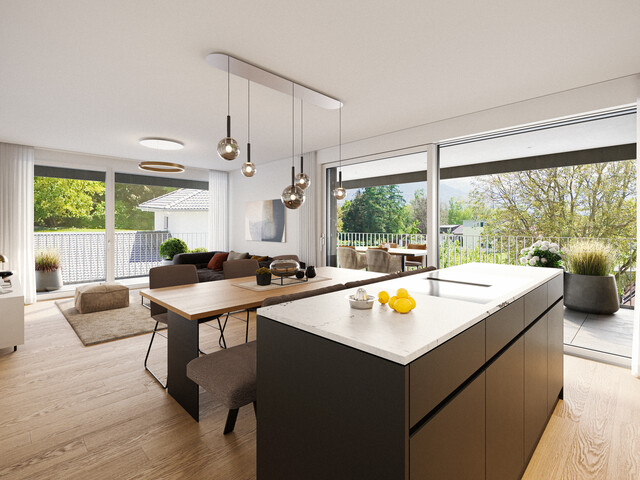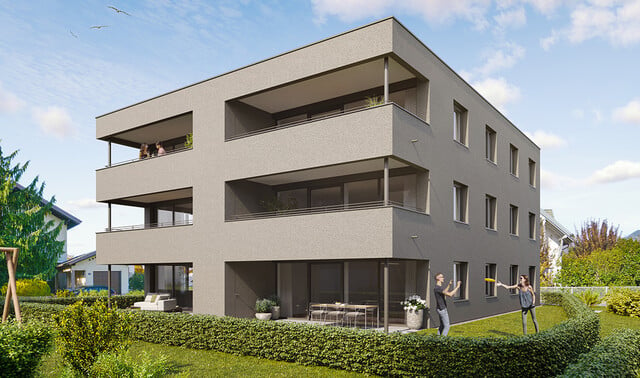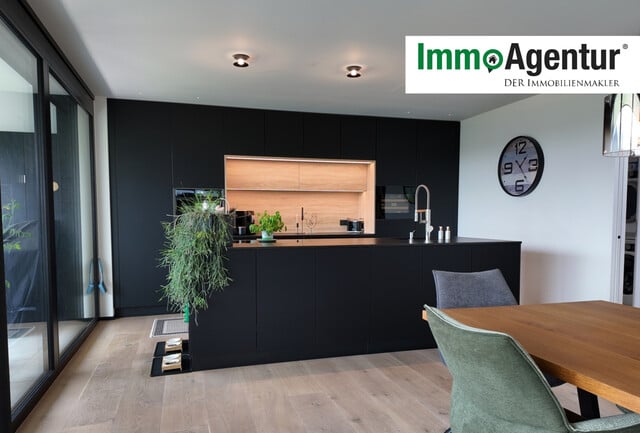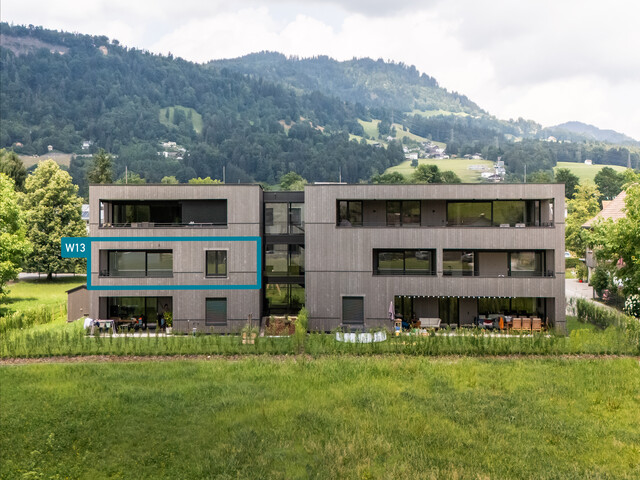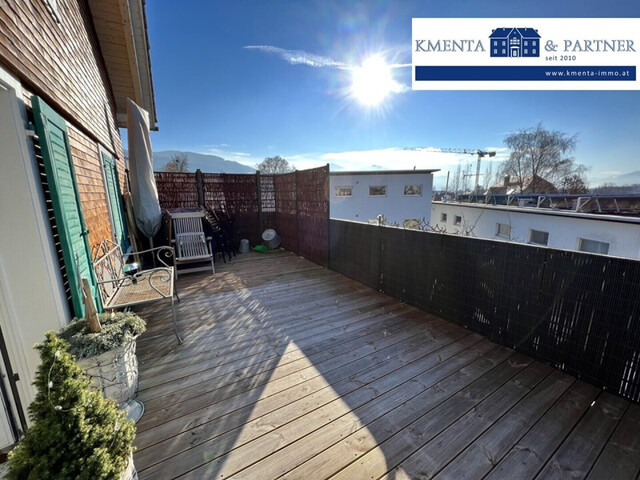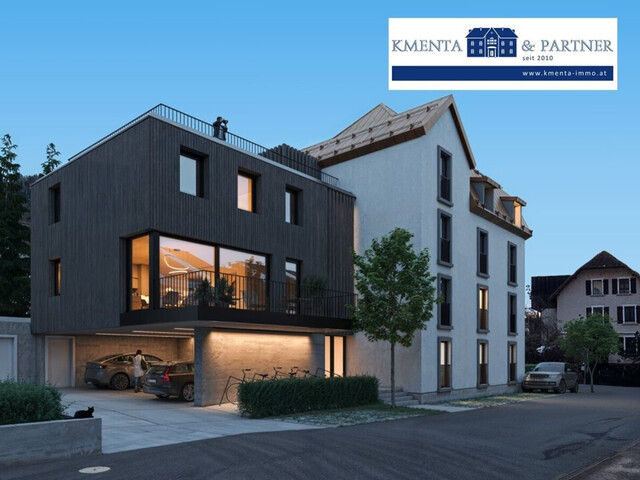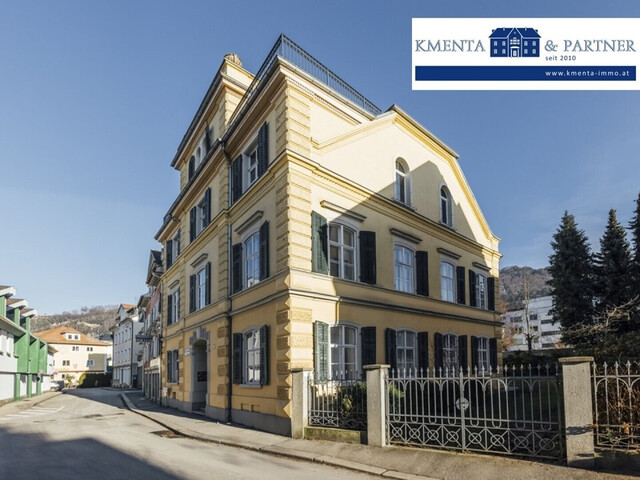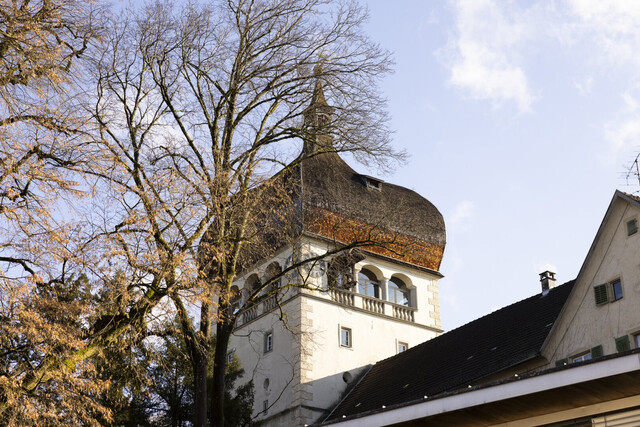Pressure to Save in Vienna: Where Cuts Will Be Made in 2026 and Which Fees Will Increase

The city of Vienna will present a savings budget for 2026, which aims to reduce the deficit to a projected 2.65 billion euros through a consolidation of 2 billion euros. Around 1.35 billion euros of this is to be saved on the expenditure side, said Finance City Councillor Barbara Novak (SPÖ) to journalists on Tuesday. Feared cuts to free kindergartens are not happening. The schedule for the subway expansion, at least in the first stage, is being maintained. Fee increases are also planned.
Vienna Saves: Less Subsidies, Higher Fees
19.51 billion euros in revenue are expected to face 22.16 billion euros in expenditure next year. In addition to the planned savings - for example, by cutting subsidies and grants by around 10 to 15 percent, postponing construction projects, and less money for party academies - an additional 350 million euros is to be raised, for example, by increasing the housing subsidy contribution (currently 0.5 percent of the assessment base for both employers and employees, in the future 0.75 percent each). This alone is expected to bring in 190 million euros, earmarked for housing, social services, kindergartens, and schools for the first time.
The fire department fee for unjustified deployments is also set to increase (by as much as 50 percent). Park & Ride facilities will see a 4.6 percent increase. Additionally, a dedicated cultural euro is to be introduced for each ticket sold, although this will likely not happen until 2027. An increased dividend payout from the municipal utilities and Vienna Holding is also planned.
Vienna's Minimum Security to be Reformed
The city aims to save the most through further reform steps in minimum security, such as changing the calculation of housing costs, a new calculation for shared apartments, or transferring those with subsidiary protection status to basic services. The latter is expected to bring in a net 75 million euros as the largest chunk, with a total cost reduction of 200 million euros expected.
Subway Expansion Without Delay
Viennese residents will have to wait longer for some promised construction projects. The renovation of the Laaerbergbad will come later, as will the Seestadt-Bad. The redevelopment of Gumpendorfer Straße and the Gürtel central zone will be postponed, some bridges in the 22nd and 23rd districts will be built later, and town hall renovations will also be stretched over time.
However, the free kindergarten and the free all-day elementary school and school lunches are not being attacked. The hospital locations along with planned construction measures also remain untouched, assured Novak. There is also no construction halt for the subway construction. Construction phase 1 for U2 (up to Matzleinsdorfer Platz) and U5 (up to Frankhplatz) will continue as planned. At the same time, negotiations are underway with the federal government regarding the inflation-related additional costs.
Budget Decision Mid-December
Novak spoke of a "still relatively large deficit," but there is a break in Vienna's budget practice of the past 100 years. Instead of compensating for the inflation-related additional demand "and a little extra," a reduction was worked on together. With a 2.65 percent deficit in 2026, it is possible to stay below the projected minus of approximately 3.2 billion euros in the 2025 financial statement. If everything goes according to the forecasts, Vienna's debt level will rise from 14.9 billion euros at the end of 2025 to 17.5 billion euros.
The postponement of the budget decision from November to December was explained by Novak, who presented the budget together with NEOS economic spokesperson Markus Ornig, as waiting for the current figures of the federal revenue shares, the salary negotiations for the public service, and the - ultimately canceled - latest round of stability pact negotiations. The budget is now expected to be finalized on November 14. On December 9, it will be discussed in the city senate and the finance and economic committee, and on December 16 and 17, it will be debated and then decided in the city council.
Opposition Dissatisfied
Criticism came from the opposition on Tuesday afternoon. The Greens identified a "planless and aimless cutting by the city government" in a statement. The coalition would proceed non-transparently, but there was praise for maintaining the free kindergarten. The ÖVP criticized that the debt continues to rise. "SPÖ and Neos are not saving where it is finally necessary - for example, in the bloated administrative apparatus or in non-transparent funding structures."
The Vienna FPÖ criticized, in addition to the fee increases, especially the approach to minimum security. The current plans could "only be the first step," it was said. The minimum security should also be linked to citizenship. There was regret, however, at the UN Refugee Agency UNHCR. The cuts for those entitled to subsidiary protection would have negative consequences for those affected.
(APA/Red)
This article has been automatically translated, read the original article here.
Du hast einen Hinweis für uns? Oder einen Insider-Tipp, was bei dir in der Gegend gerade passiert? Dann melde dich bei uns, damit wir darüber berichten können.
Wir gehen allen Hinweisen nach, die wir erhalten. Und damit wir schon einen Vorgeschmack und einen guten Überblick bekommen, freuen wir uns über Fotos, Videos oder Texte. Einfach das Formular unten ausfüllen und schon landet dein Tipp bei uns in der Redaktion.
Alternativ kannst du uns direkt über WhatsApp kontaktieren: Zum WhatsApp Chat
Herzlichen Dank für deine Zusendung.
